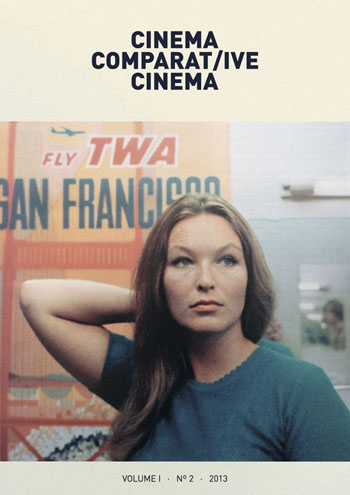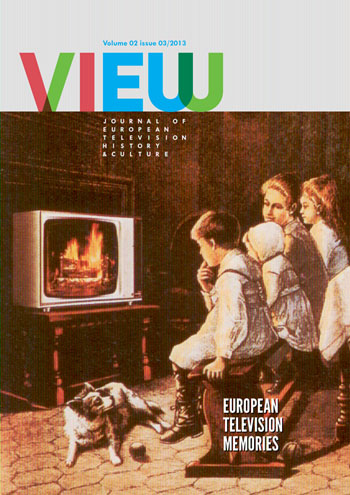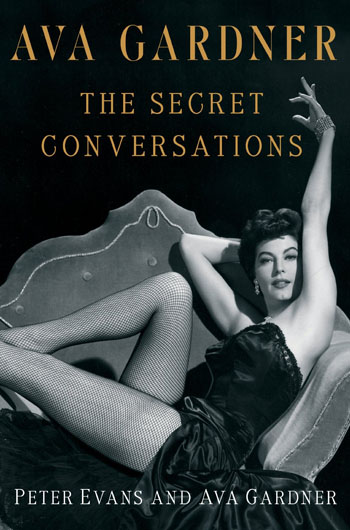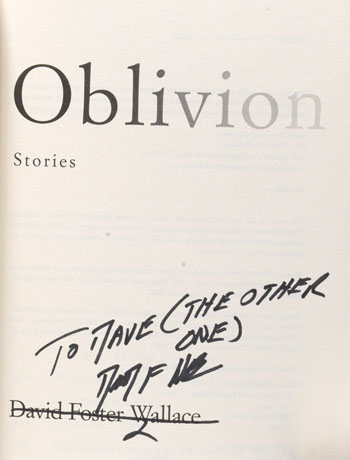“Forms in Revolution” is the theme of the new, second issue of Cinema Comparat/ive Cinema, available to read online or download as a handsome PDF. “During the years before May 68, in an arc that could be traced between 1963 and 67,” writes Gonzalo de Lucas in the opening editorial, “cinema experienced a formal revolution in which aesthetics and politics were in sync. Just before entering academic departments, cinema declared itself anti-academic and anti-canonical.”
Javier Bassas Vila discusses politics, aesthetics, and cinema with Jacques Rancière; Fernando Ganzo talks with Bernard Eisenschitz about the influence of the Soviet avant-garde on Cahiers du cinéma in the late ’60’s and early ’70’s; filmmakers Pierre Léon and Jackie Raynal cover quite a range of historically significant moments in the history of cinema since the ’60’s; David Phelps has a relaxed conversation with Ken and Flo Jacobs; author, filmmaker, and programmer Peter von Bagh and economist and film critic Miguel Marías email each other about the ’60’s; with witnesses’ accounts (beginning with Harun Farocki’s), photos and artwork, Xavier Garcia Bardon documents the 4th edition of the International Festival of International Cinema of Knokke-le-Zoute (EXPRMNTL 4), which took place in the final days of 1967; Marcos Uzal outlines “Paradoxes of the Nouvelle Vague“; and Alfonso Crespo reviews Rithy Panh‘s book, The Elimination.
More reading. “Noël Burch was assistant director to Preston Sturges and Michel Fano, and since the 1960s, has been a film essayist, critic, director and teacher,” writes C.S. Venkiteswaran, introducing his interview for the Hindu. A few notable lines: “The feminists had a huge impact on me, not just politically, but also on my thinking about films…. I am supposed to be the inventor of the idea of the essay film…. New Wave, in fact, destroyed French cinema.”
Catherine Grant points us to a new issue of VIEW, the Journal of European Television History and Culture.
Paul Muni “was Method before he ever heard of Method—an actor’s actor.” John Strausbaugh has a terrific biographical piece in the Chiseler, where Imogen Smith writes an appreciation of Kent MacKenzie’s The Exiles (1961).
“I understand and applaud the need to persuade Hollywood to make more female-centric comedies, but it seems like blackmail to be obliged to defend this one.” The Film Doctor has four notes on gender and genre in The Heat.
Celluloid Liberation Front in the Notebook on Roger Corman’s subscription-driven YouTube channel, Corman’s Drive-In: “From king of the drive-in to elder librarian of the digital cinematheque of Babel, Corman’s protean genius is anything but nostalgic. Instead of mourning the cyclical ‘death of cinema’ the legendary producer keeps injecting new life and ideas into the changing shape of films.”
For Time, Lily Rothman talks with Dan Kinem, co-director with Levi Peretic, of Adjust Your Tracking, a doc on “the culture of VHS collecting.”
For the Daily Beast, Isabel Wilkinson talks with Miranda July about We Think Alone, “a 20-week project that blasts out private emails from Lena Dunham, Kirsten Dunst, Kareem Abdul-Jabbar, and more to the public.”
Books. Nearly every novel by Saul Bellow has been “sold at least once to the movies, as has the 1977 short story ‘A Silver Dish,'” notes Peter Rainer in an excerpt from Rainer on Film: Thirty Years of Film Writing in a Turbulent and Transformative Era running in the Los Angeles Review of Books. So where are the films? Rainer looked into it in 1989, but we’re still waiting. Especially for Henderson the Rain King.
Ava Gardner: The Secret Conversations, “a mother lode of promising material,” turns out to be “sadly, dead-on-arrival,” finds NPR’s Bob Mondello.
In other news. “At the 18th jury session of the World Cinema Fund (WCF), four new film projects were selected for production funding as well as one for distribution funding,” announced the Berlinale. Among the four is Lisandro Alonso‘s Sin Título.
Amy Nicholson is the LA Weekly‘s new full-time film critic. Anne Thompson has details.
New York. Already noted yesterday that Anthony McCall and Andrew Tyndall’s Argument (1978) screens today, but it needs mentioning again because Courtney Fiske has a terrific piece on the film for Artforum: “Argument’s subject, broadly construed, is bourgeois ideology, and it tasks itself with a thoroughgoing deconstruction: a splitting open of the ostensibly natural unity of mass cultural signs…. Tuesday’s screening at Light Industry maintains the workshop style of Argument’s initial showings in the fall and winter of 1978, where a select group of filmmakers, artists, and critics (Yvonne Rainer, Hans Haacke, Richard Serra, J. Hoberman, and Amy Taubin among them) gathered, armed with a staple-bound collection of critical texts. A discussion—or, better yet, an argument—with McCall and Tyndall is set to unfold after the film’s close, with reprints of the original Argument booklet available to peruse.”
Bologna. Today’s dispatch from Il Cinema Ritrovato comes from Meredith Brody at Thompson on Hollywood, where she has extensive notes on Peter von Bagh and Alexander Payne’s wide-ranging onstage conversation.
In the works. Terry Zwigoff’s got two projects, Justice for Al, with Fred Armisen, and Lost Melody, possibly with Nicolas Cage. Click the titles to see the Playlist‘s reports.
“Nakata Hideo, best known for Ringu, is remaking the Korean thriller Haunters,” reports Peter Martin at Twitch.
Kickstarter project. Francesco Marchione is adapting David Foster Wallace’s short story, “Oblivion.”
Obit. “John David Wilson, a pioneering animation producer and director who worked on everything from Lady & the Tramp and an Igor Stravinsky ballet film to Grease, died June 20 in a nursing home in Blackpool, England. He was 93.” Mike Barnes has more in the Hollywood Reporter.
For news and tips throughout the day every day, follow @KeyframeDaily on Twitter and/or the RSS feed. Get Keyframe Daily in your inbox by signing in at fandor.com/daily.







